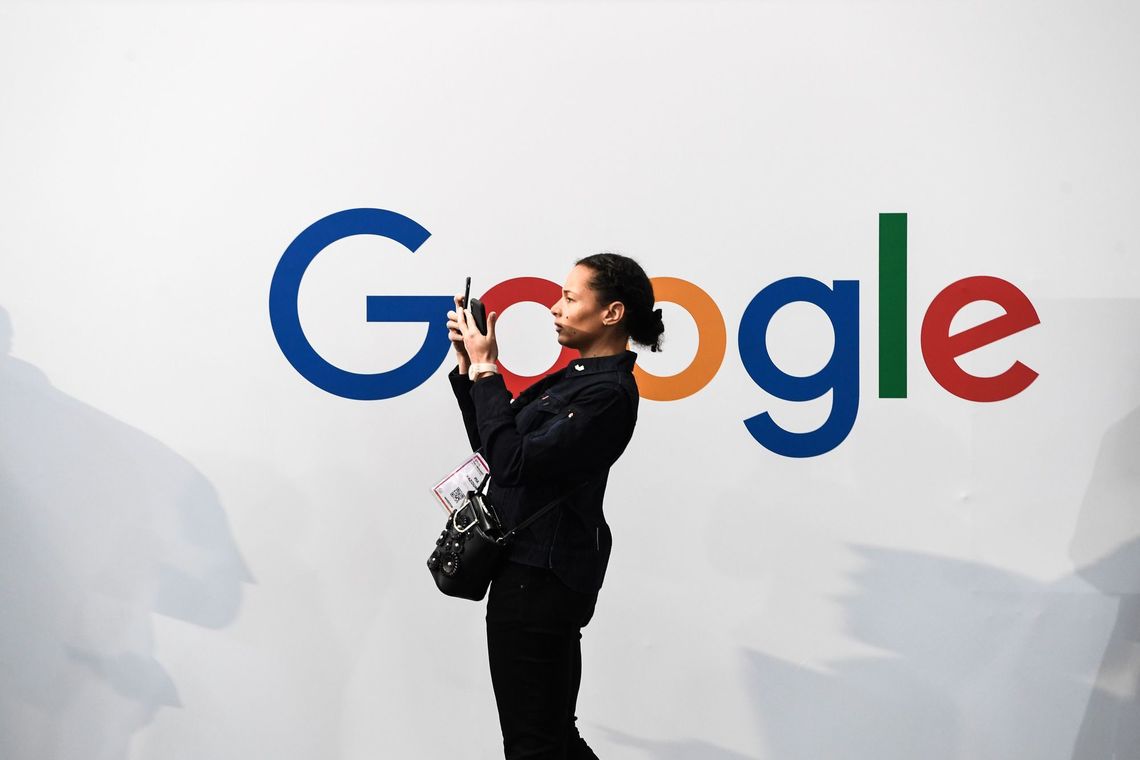Brave Teases Bitcoin Cash, New Crypto Funding Options to Browser Wallet

Brave browser is hinting a number of new crypto funding options to its wallet, including bitcoin cash (BCH). | Source: Brave
Brave, the only notable browser with an associated Ethereum token, will soon support Bitcoin Cash and more. Co-founder and CEO Brendan Eich promised as much via Twitter.
Brave Expands Funding Options
The funding option is apparently in demand, as Bitcoin Cash proponents want to see their choice everywhere Bitcoin is. Eich says it will be available in the upcoming 0.68 release.
Eich had noted that BCH is coming in response to a query from a Bitcoin Cash proponent, David Shares.
Brave may be seeing increased adoption as a result of Google recently limiting ad blocking functionality on its platform .
Google’s Suite Gambit
The move, which made content providers rejoice, will have a particular set of users looking for alternatives.
Others may upgrade to Google’s top-tier G Suite package, which includes native ad-blocking.
For better or worse, advertising remains the primary source of income for both Google and millions of websites around the world.

Firefox has taken a different approach to ad-blockers, so far still allowing third-party developers to offer them.
Some believe the era of the paid browser is upon us . A greater variety of high-quality browsing options will emerge, but the majority will have associated premium services, including ad-blocking. In a hyper-blockchain future, it’s not hard to imagine browsers and content providers negotiating over the distribution of these funds.
While browsers like BRave emerge, the wild web may become an ad-infested quagmire. Or content providers may remain as neutral as they can.
The evolution of the Internet has access thereof following a similar pattern as television. At first, TV was free, ad-supported. All you needed was the equipment.
The cable service providers came along, providing a litany of channels that were doubly supported by advertising.
Next, these services moved to the Internet. The studios are still doing okay. Your local cable provider? Not so much, at least not from television services.
Blockchain in a Web Everything Future
So, soon, the Internet may, by and large, be an experience where you to pay to get online; pay to browse the web; pay for many of the websites you visit and do all of your shopping while you’re there.
If all of this is done with blockchain technology, there’s no argument it will be safer. Even if banks are a part of this nexus.
Brave may offer an alternative to the advertising-dystopian future, but it may not be compatible.
If Google is moving to enable advertising as a way to generate revenue, then other technologies will emerge to ensure that ads are seen.
On a grand scale, ad blocking can decimate hundreds of billions of dollars per year.
The Brave token is intended as an answer to this problem.
Instead of cash from advertising, content providers can expect to stack up tokens over time, eventually having some money.
However, Archive.org, one of the most popular websites in the entire world, made a measly $2500 this way recently. The firm takes in millions in donations and likely has a daily operating cost far greater than that.